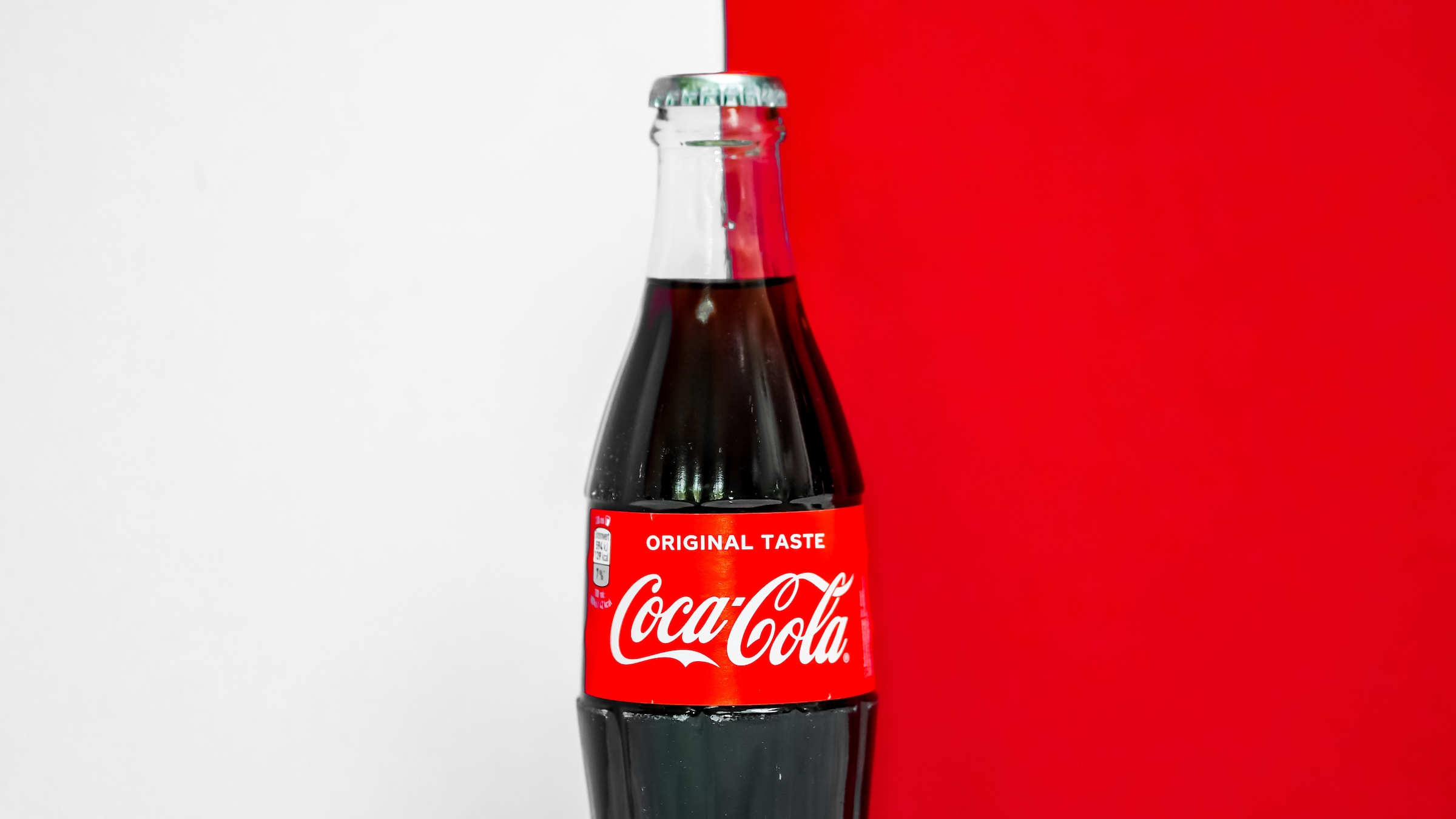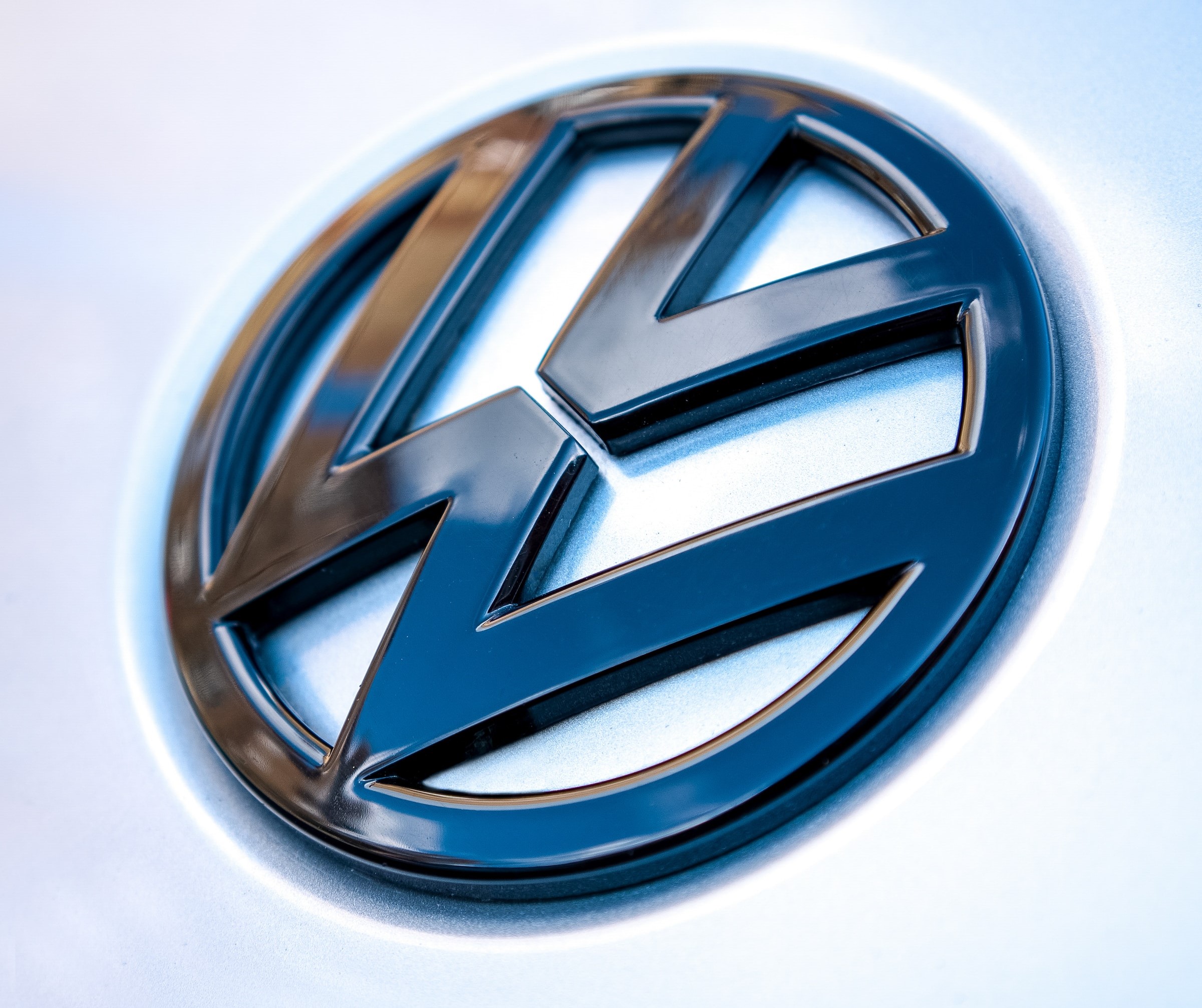The Samsung Empire: How Big Is It Really?
You probably know Samsung as one of the leading brands in the smartphone market and maybe you also know that they make televisions and refrigerators. But did you know that Samsung is also involved in many other industries besides consumer electronics, such as shipbuilding, biotech, and even theme parks? In this article, you will learn about how Samsung became one of the world's largest and most diversified conglomerates, and how it is where it is today.
The Beginning of Samsung
Samsung's history dates to March 1st, 1938, when it was founded by Lee Byung-Chul as a grocery store in Taegu, Korea. At that time, they focused mainly on trading noodles and other products produced in the city which they exported to China and its provinces. As time went by, Samsung diversified into various sectors, such as food processing, textiles, insurance, and retail. Samsung entered the electronics industry in 1969 with several electronics-focused divisions but their first products were black and white televisions. They entered the construction and shipbuilding industries in the mid-1970s as a division appropriately named “Samsung Heavy Industries.” Their diversification would drive the company’s subsequent growth and global expansion.
The Present of Samsung
Today, Samsung is composed of numerous businesses that are invested in many different industries and most of them are unified under the Samsung brand. According to its official website, Samsung is mainly involved in Consumer Electronics, IT & Mobile Communication and Device Solutions. Besides smartphones, which the company is known for, Samsung also produces products and services such as TVs, monitors, refrigerators, washing machines, air conditioners, cars, wearables, network systems, memory chips, storage devices, display panels and insurance.
They offer so many products and services because they are involved in many industries. Did you know that Samsung Heavy Industries is the world's second-largest shipbuilder and that Samsung Engineering is one of the world's largest engineering companies that provides a full range of engineering services including feasibility studies, design, procurement, construction, and commissioning? They also have a company called Samsung Biologics which provides contract development and manufacturing services to the biopharmaceutical industry, and through Samsung SDS they provide IT services including consulting, technical, and outsourcing services.
Besides all that, they are in the insurance industry and offer life, fire, and marine insurance. They also own a financial company called Samsung Securities which deals in financial investments offering a wide range of services, from stock brokerage to asset management, corporate finance, and proprietary trading. They own Samsung Asset Management (a subsidiary of Samsung Life Insurance) which is the largest asset manager in South Korea with investment capabilities across domestic and global equity, fixed income, alternative investments, and asset allocation. Samsung even operates a theme park called Everland Resort, which is the oldest and most popular theme park in South Korea.
The Numbers of Samsung
So, how big is Samsung in terms of numbers? Well, according to Statista in 2022 Samsung Electronics had a total revenue of 302.23 trillion Korean won, which is about 234.08 billion US dollars. That's more than the GDP of some countries, such as New Zealand, Vietnam, or Romania. Samsung also had a total of 270,320 employees worldwide, as of December 2022. Samsung also produced about 1.2 billion smartphones, 41 million TVs, 6.7 million refrigerators, and 4.4 million washing machines in 2022. That's enough to supply every person in the US with a smartphone, every household in China with a TV, every household in India with a refrigerator, and every household in Brazil with a washing machine.
Conclusion
Samsung is more than just a mobile phone manufacturer; they are involved in multiple industries and offer multiple services and products worldwide. Samsung's size and diversity give them a competitive edge in the global market, and they can leverage their economies of scale, scope, and speed to deliver high-quality products and services at lower costs and faster rates. So, the next time you get a hold of a Samsung phone remember that that phone is just a small part of a giant conglomerate.



